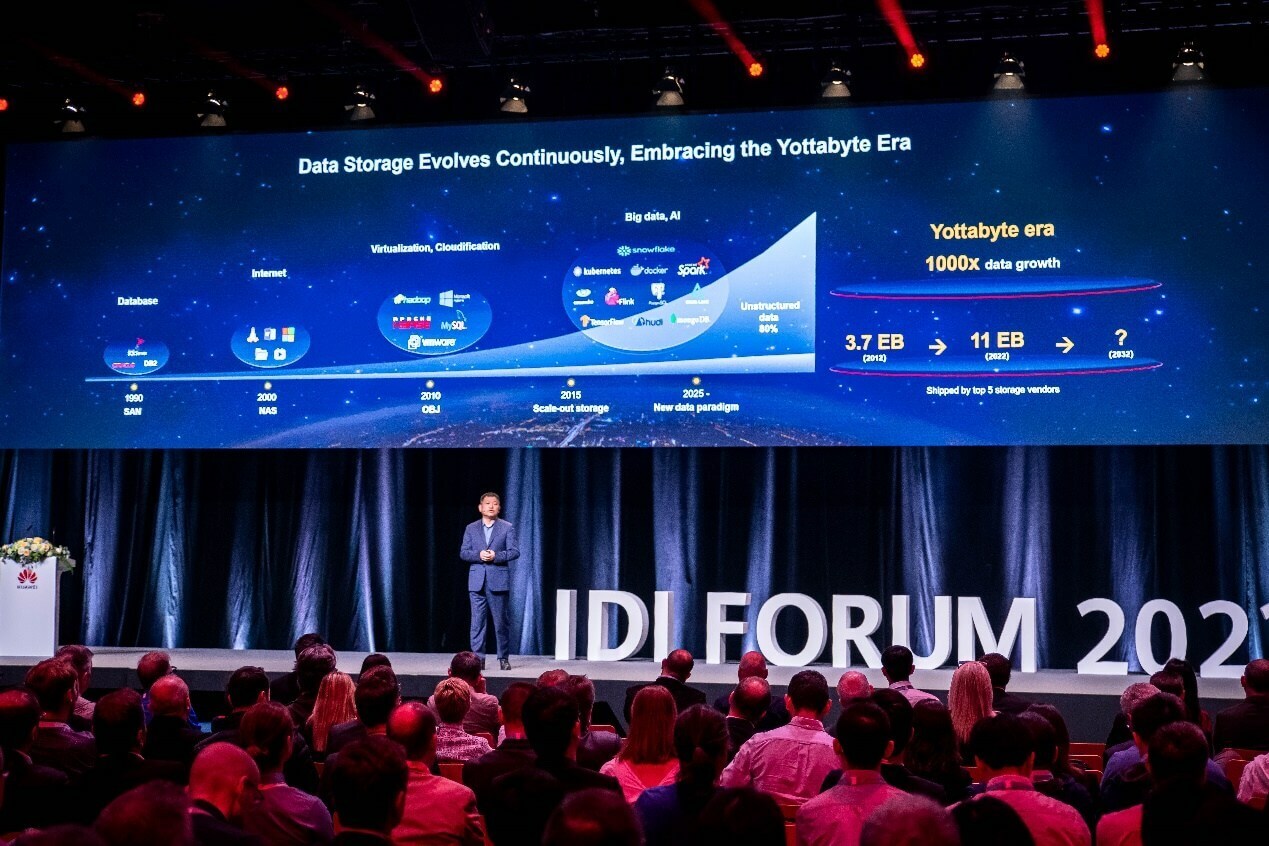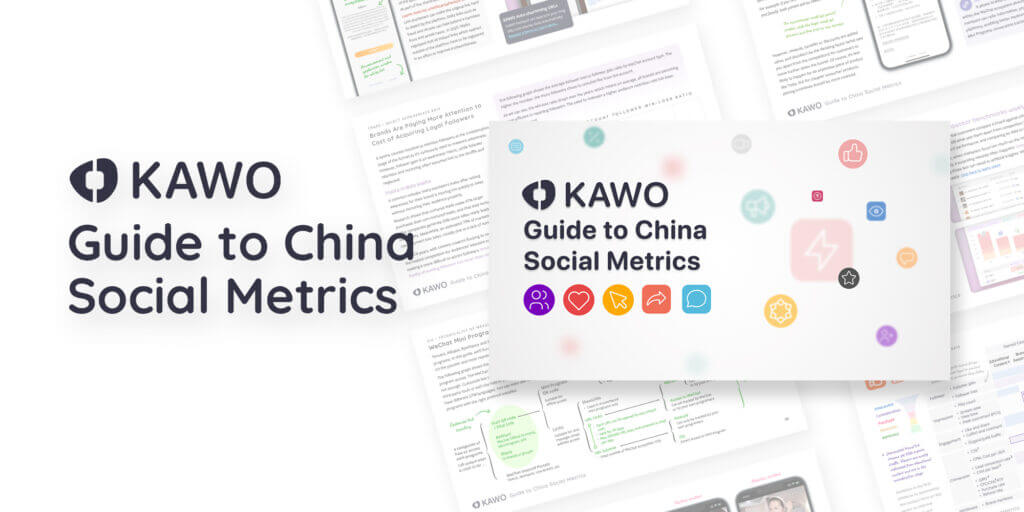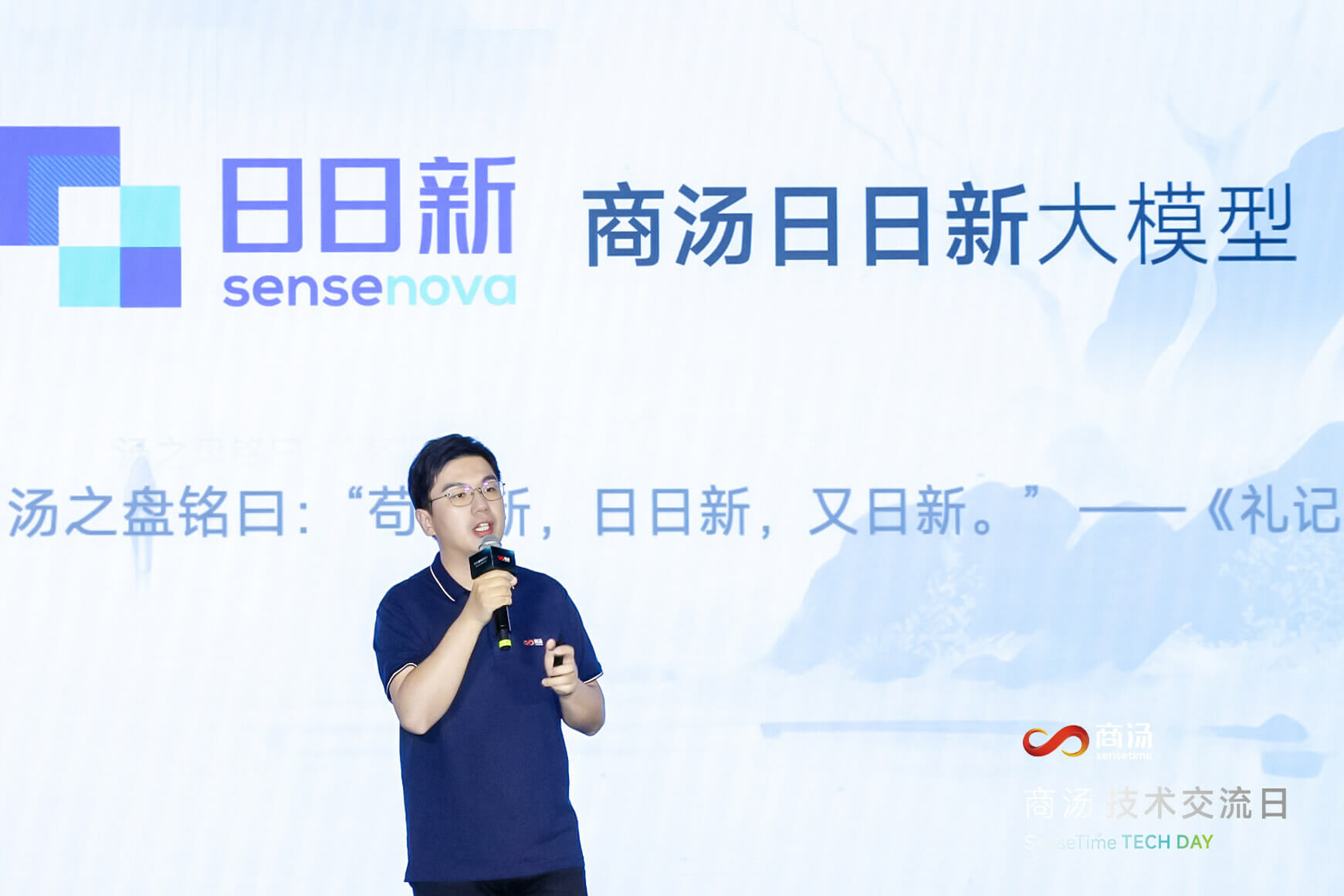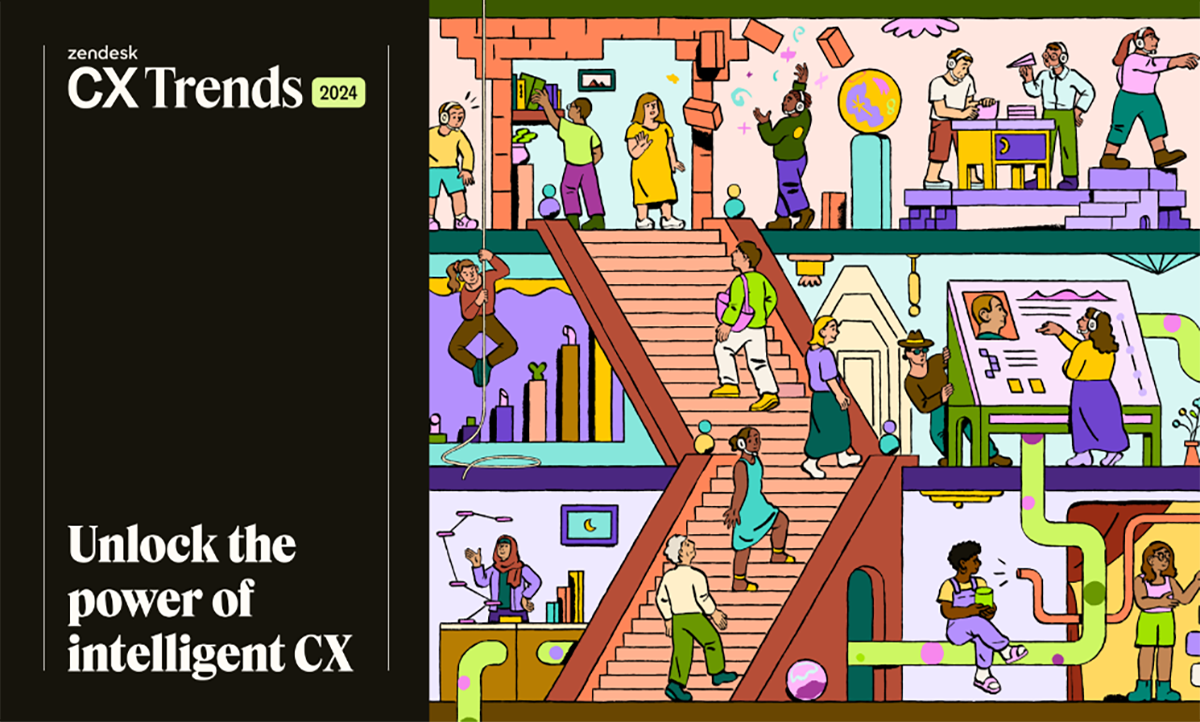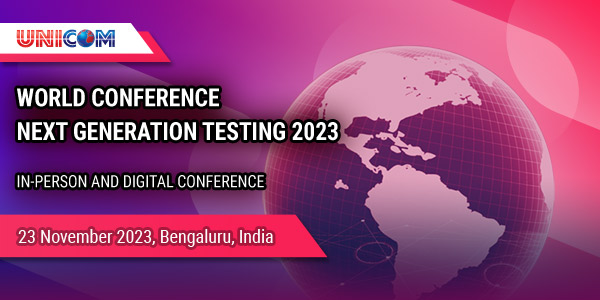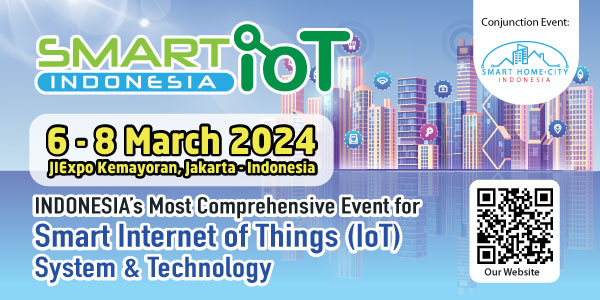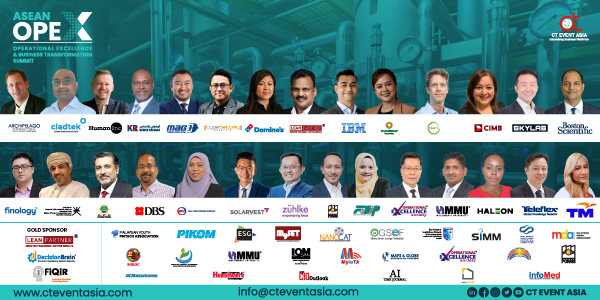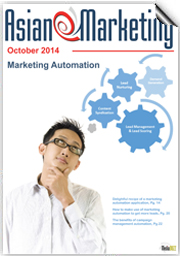- You are here:
- Home
-

Outlook of generative AI for the enterprise market is exciting but lacks a clear corporate strategy
The democratization and acceleration of generative Artificial Intelligence (AI) originated in the business-to-consumer (B2C) market with the release of popular applications like ChatGPT and Stable Diffusion. But the B2C market will barely scratch the surface of generative AI’s potential economic value.
-

New Study by MAGNA & Yahoo Urges Marketers to Pair Media Placement with Quality Creative in Order to Drive Stronger Ad Effectiveness
Media placement and creative work hand in hand when it comes to effective advertising strategies. A new study by MAGNA Media Trials and Yahoo set out to understand the role that creative quality plays in ad effectiveness, and the elements that contribute to quality creative. Creative, the Performance Powerhouse found that while media placement helps marketers find consumers where they are, creative quality was responsible for 56% of purchase intent, illustrating the strong performance of both tactics as they work together. The study suggests that marketers can greatly benefit from making small improvements to their creative in order to optimize ad performance, while also driving brand quality and trust.
-

New Apps, New Data, and New Resilience: Huawei Proposes Ways of Evolving Storage in the Yottabyte Era
The Innovative Data Infrastructure Forum (IDI Forum) 2023, revolving around the theme of "New Apps ∙ New Data ∙ New Resilience," took place on May 23 in Munich, Germany. The Forum brings together global industry experts and partners to explore the future of digital infrastructure towards the yottabyte era (a yottabyte is equal to a quadrillion gigabytes).
-

KAWO’s "Guide to China Social Metrics" helps marketing teams translate KPIs into business success
KAWO, the leading social media management platform in China, has launched its 2023 “Guide to China Social Metrics.”
-

SecurityHQ’s Cyber Predictions
In response to the growing number of breaches, SecurityHQ released their latest white paper to highlight analyst predictions for threats and vulnerabilities in H2 2023.
-

Comprehensive protection measures a must to prevent data leaks and theft
Remote work, home office or hybrid work, have become the norm in today's business world and that most likely will stay that way. But the more employees work remotely, the greater the company's risk of falling victim to a cyberattack, making a sophisticated and multi-layered security concept the more essential for any company.
-

SenseTime Launches "SenseNova" Foundation Model Sets and AI Computing Systems, Advancing AGI Development
SenseTime hosted a Tech Day event, sharing their strategic plan for advancing AGI (Artificial General Intelligence) development through the combination of "foundation models + large-scale computing" systems. The leading AI software company is focused on creating a better AI-empowered future through innovation and committed to advancing the state of the art in AI research, developing scalable and affordable AI software platforms that benefit businesses, people and society as a whole.
-

Cybersecurity in the age of digital currency
Cryptocurrencies can be notoriously volatile. With prices fluctuating rapidly and without warning, a single tweet can shift a token price by 40%, only to see the price plummet in a matter of hours. While fluctuations are expected within crypto currency, you need to be able to spot the difference between what is a normal event, and what is a scam.
-

SentinelOne enhances cloud security with Snyk
Prioritizing which vulnerabilities to fix is a challenge for software developers, and the complexities of modern apps and the software supply chain have only made things more difficult. SentinelOne, a global leader in AI security, is partnering with Snyk, the leader in developer security, to ease the burden by integrating Singularity Cloud Workload Security, its real-time Cloud Workload Protection Platform (CWPP) with the Snyk Developer Security Platform.
-

Yahoo integrated approach for advertising in a cookieless world
Yahoo Advertising announced a new integration with Twilio Segment Customer Data Platform (CDP) to drive greater advertising reach and relevance, without relying on third-party cookies.
-

Alibaba Cloud unveils new AI Model to support enterprises' intelligence transformation
Alibaba Cloud, the digital technology and intelligence backbone of Alibaba Group unveiled its latest large language model, Tongyi Qianwen.
-

5 Ways Earnest EQ Supercharges Marketing, Advertising, Branding & Comms Strategies
A 2023 Emotional Intelligence Market study citing “heavy growth” of $49.93 billion USD by 2027 exemplifies the extent to which mastering “EQ” versus IQ is taking brands to exciting new levels of success … and why not embracing EQ can result in extreme opportunity loss or, far worse, be an outright brand buster. This as today’s highly discriminating and demanding marketplace is seemingly rife with substitutable solutions. Whether the B2B or B2C sector, more often than not today’s consumers have alternate options—and they know it.
-

How AI will change the way we work in Asia Pacific
Microsoft introduced Microsoft 365 Copilot earlier this year, which will bring powerful new generative AI capabilities to apps millions of people use every day like Microsoft Word, Excel, PowerPoint, Outlook, Microsoft Teams and more.
-

Majority of APAC consumers are willing to sacrifice data security for convenience
F5's latest Curve of Convenience 2023 report shows data security taking a back seat with APAC consumers, with an increased willingness to save and share personal payment data on multiple platforms.



